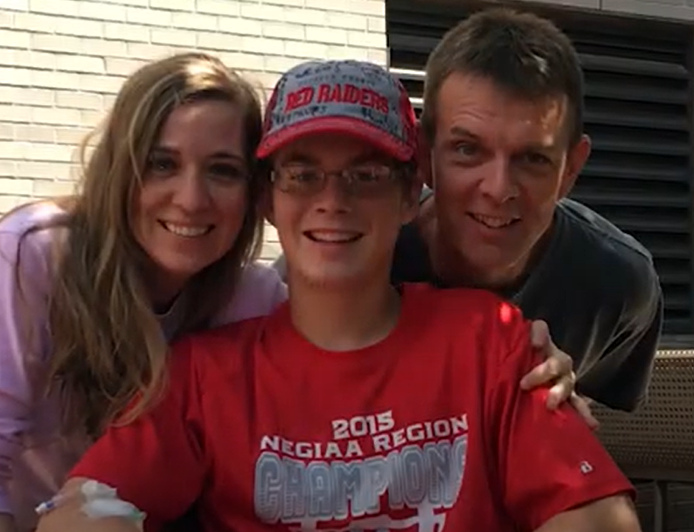PCS Treatments
Post-Concussion Syndrome will get better with time and the right therapies.
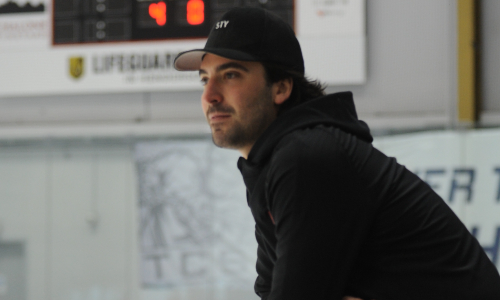
PCS treatments:
What you should know
Here’s the good news: Post-Concussion Syndrome (PCS), also known as persistent post-concussion symptoms (PPCS), will get better with time and the right therapies. However, it’s important to set appropriate expectations for recovery. First, the symptoms of PCS can have many causes, so your doctor may recommend multiple treatments.
In addition, some treatments and therapies for the management of post-concussion syndrome can take weeks before you’ll notice improvement, so it’s important to remain patient and hopeful. Finally, you may need to try multiple therapies before you find the one that works for you, so it’s important to never give up!
The image below illustrates the many types of treatment providers you may work with along the way. It’s designed as a puzzle to remind us that PCS treatment can require an interdisciplinary team working together to solve your unique constellation of symptoms. You’ll want to work with your primary care physician or your concussion specialist to decide on what treatments you want to pursue.
The treatments listed below are supported by peer-reviewed scientific studies and are common for the management of Post-Concussion Syndrome. At this time, CLF doesn’t list experimental or off-label therapies that lack peer-reviewed evidence. If you’re thinking about trying therapies not listed below, it is important to consider if the potential benefits are worth the risks, time, and costs.
Be skeptical of treatments that are expensive and not covered by insurance. This is especially important regarding therapies that have existed for a long time and yet still have not produced enough peer-reviewed evidence of effectiveness to be reimbursed by insurance for the management of Post-Concussion Syndrome.
Vision Therapy
(also known as Oculomotor Training)
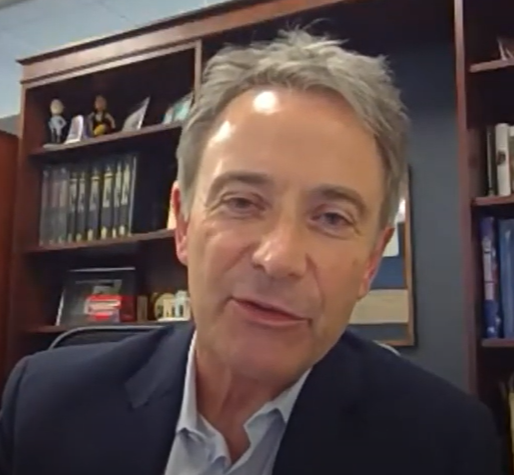




Vision therapy includes a large range of techniques designed to help train specific aspects of the visual system, helping it return to normal after a concussion. A variety of different tools and exercises that help improve the accuracy of our eyes can be utilized in vision therapy.
Common vision problems and symptoms following a concussion can include sensitivity to motion, difficulty with eye movements, eye pain and headaches, dizziness and balance problems, sensitivity to light, blurry vision, double vision, and peripheral vision problems. Patients suffering from these symptoms may benefit from vision therapy.
The visual system is the largest in the brain – more brain areas are involved in processing visual information than any other system in the brain. This makes it particularly vulnerable to concussion. Vision therapies can help in two ways. In some cases, the exercises may help repair damaged connections, returning them to normal. In cases of more severe damage, the exercises can help the brain develop techniques to compensate for longer-lasting deficits.
An optometrist or ophthalmologist for a comprehensive eye exam as a starting point to determine whether vision therapy is recommended. You’ll then want to see a certified optometric vision therapist for your in-office sessions. Note: vision therapy is evidence-based, but commonly not covered by insurance.
Learn more about the impact of concussion on vision in this webinar with Dr. Len Messner of the Illinois College of Optometry.
Neuro-Optometric Rehabilitation
(also known as Oculomotor Training)





Neuro-Optometric Rehabilitation therapy utilizes therapeutic prisms, lenses, filters, and occlusion to help stimulate parts of the brain that are not functioning to their highest potential due to interruptions caused by brain injury. Neuro-Optometric Rehabilitation is not to be confused with vision therapy, which is a separate therapy (see above) needed by some brain injury survivors.
Neuro-Optometric Rehabilitation is a specialized, individualized treatment regimen used in the management of Post-Concussion Syndrome. It is especially beneficial for those who have visual deficits as a direct result of traumatic brain injuries.
A Neuro-Optometric Rehabilitation treatment plan is designed on an individualized basis to improve specific acquired vision symptoms based on standardized diagnostic criteria.
An optometrist who offers or specializes in Neuro-Optometric Rehabilitation.
We collaborated with the Neuro-Optometric Rehabilitation Association (NORA) to create an educational resource on common vision problems and symptoms following a concussion.
Vestibular Therapy
(also known as Balance Therapy)
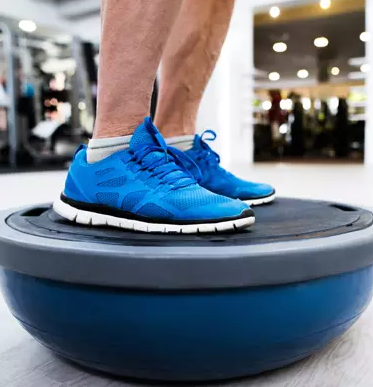



Vestibular therapies encompass a wide range of techniques, including habituation exercises, gaze stability training, and balance training. Depending on what types of activities tend to make balance symptoms worse, doctors can develop training plans to alleviate symptoms.
Vestibular therapy can be particularly helpful for patients who are suffering from persistent dizziness, vertigo, or balance problems after a concussion.
Our sense of balance relies on input from many different systems in our brain, including the visual system, our sense of proprioception (which tells us where our body parts are in space), and our vestibular system (which tells us how our body is oriented and moving in space).
In some cases, doctors can isolate which systems are causing problems, opening the door for targeted treatments that can improve overall outcomes.
Your medical provider should refer you to the appropriate therapist who can administer vestibular (balance) therapy, which will often be a physical therapist with specialized training.
Physiotherapy (PT)





Physiotherapy (PT) is a wide discipline of medicine that treats ailments through physical means, as opposed to surgical or pharmacological treatments. This includes techniques such as massage, exercise therapy, and heat treatments.
Physiotherapy can be helpful for patients with certain types of headaches or neck pain (especially cervicogenic PT) and for patients who may have suffered orthopaedic injuries or whiplash at the same time as their concussion.
Often, the violent collisions that cause concussions also cause other injuries, especially when whiplash is involved. Sometimes, those other injuries can interact with the concussion, making the symptoms worse. Physiotherapy can help injuries that may be making concussion symptoms worse.
A physiotherapist with training or specialty in concussion or brain injury rehabilitation.
Check out our webinar featuring Dr. Lindsay Walston, Neurologic Residency Director and National Education Coordinator at PT Solutions Physical Therapy, to learn how physiotherapy can help treat long-term concussion symptoms.
Exertional Therapy




Exertional therapy involves a concussion patient performing light aerobic activity in a controlled and monitored environment. This could be on a treadmill, in a pool, or in another setting with no risk of inadvertent head impact.
Doctors will design a custom plan for each patient that helps them raise their heart rate to a specified level. It is extremely important that this be done under the close supervision of a medical professional, as overexertion can hamper recovery.
Under the direction of your doctor, exertional therapy can be helpful at any stage of concussion recovery.
Exercise has a very well-documented effect on health – simply put, it is good for our bodies. By having patients lightly exert themselves in a controlled environment at an intensity that does not worsen symptoms, doctors seek to take advantage of these benefits.
Talk to your doctor.
Cognitive Rehabilitation Therapy (CRT)
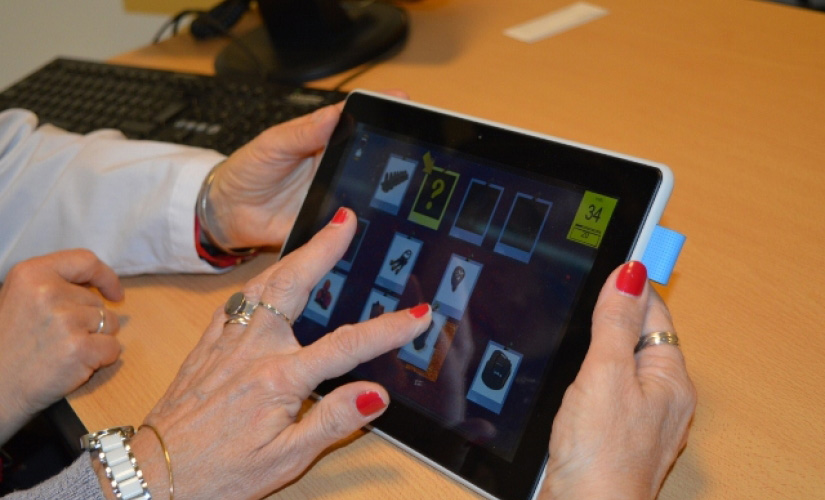



Cognitive Rehabilitation Therapy (CRT) is a goal-oriented approach to restoring and improving functional cognitive skills. A referral for CRT typically includes a comprehensive cognitive-linguistic evaluation assessing attention, memory, executive functioning, and expressive and receptive language skills.
Treatment includes a functional approach that is both restorative and compensatory in nature to help support any areas of observed cognitive weaknesses. Patients are typically actively involved in developing goals to improve their overall functioning.
CRT is a service provided by speech-language pathologists to help individuals experiencing cognitive difficulties that impact daily functioning.
CRT can be helpful for patients experiencing changes or deficits with attention, memory, and executive functioning (e.g. planning, organizing, time management), and word-finding skills.
CRT is an effective treatment for individuals who are struggling to manage daily tasks in the home, work, and community settings as a result of cognitive changes. This may include difficulty managing bills, medication, time, or emotions, difficulty sustaining attention in conversation with loved ones or at work, and difficulty studying or keeping up with job responsibilities.
CRT can help patients return to an academic or workplace environment with appropriate strategies and support. CRT is evidence-based and able to address the functional needs of the concussion population.
Speech and language pathologists or occupational therapists trained in CRT for concussion patients.
Cognitive Behavioural Therapy (CBT)
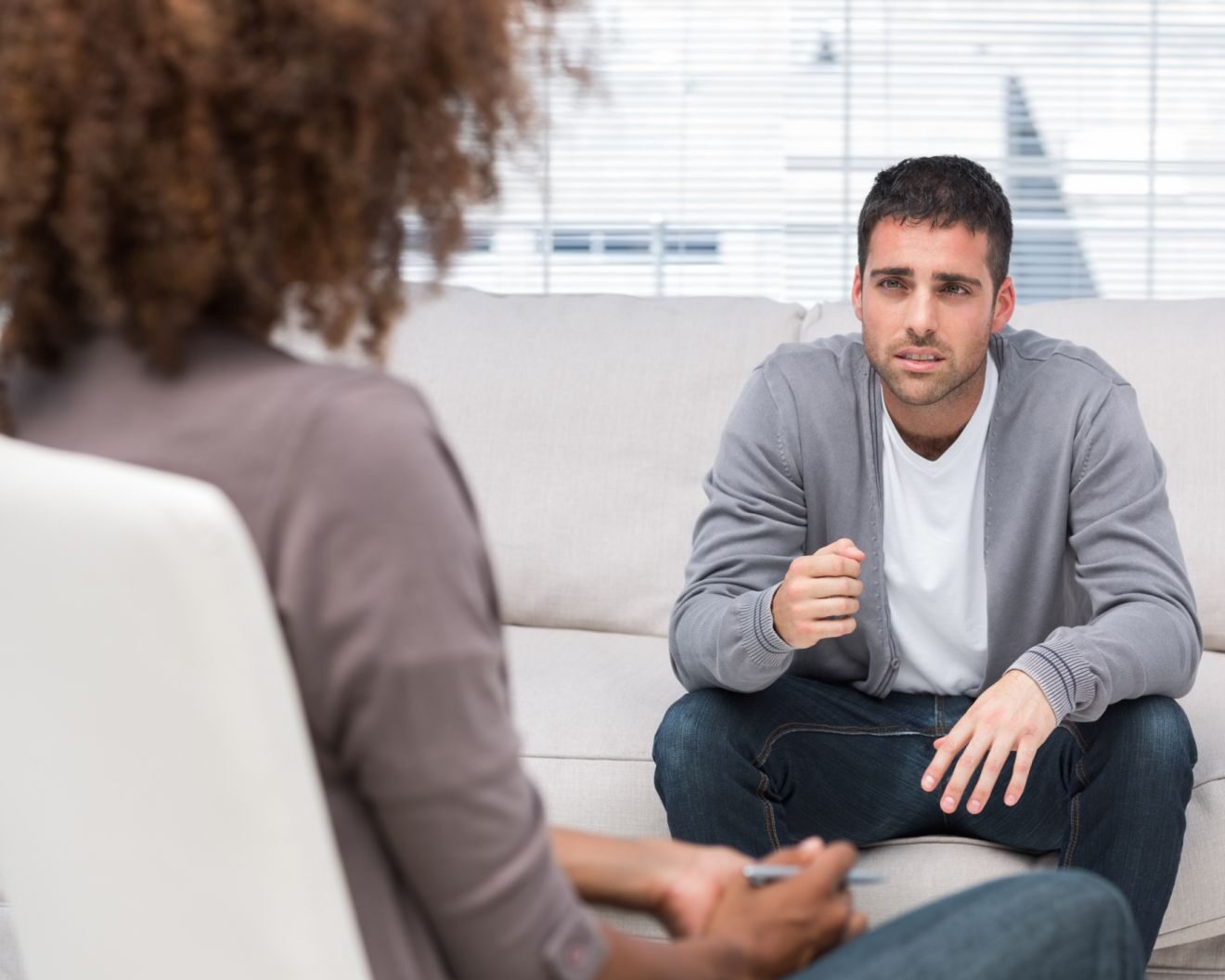



Cognitive Behavioural Therapy (CBT) is a psychological therapy frequently used to treat problems with mood, including depression and anxiety.
CBT helps patients develop the ability to identify negative thought patterns that contribute to a patient’s individual difficulties and teaches concrete skills that patients can use to help manage them.
CBT can be very effective for patients who are suffering from mood changes after a concussion, most commonly depression or anxiety.
CBT is a highly effective treatment for many mood and anxiety disorders, often providing clinically meaningful relief within weeks or months.
In the setting of concussion, preliminary evidence suggests that CBT may be able to similarly help patients develop coping strategies to help manage their symptoms.
Any psychologist or licensed mental health counsellor trained in CBT.
ENT (Ear, Nose, Throat)
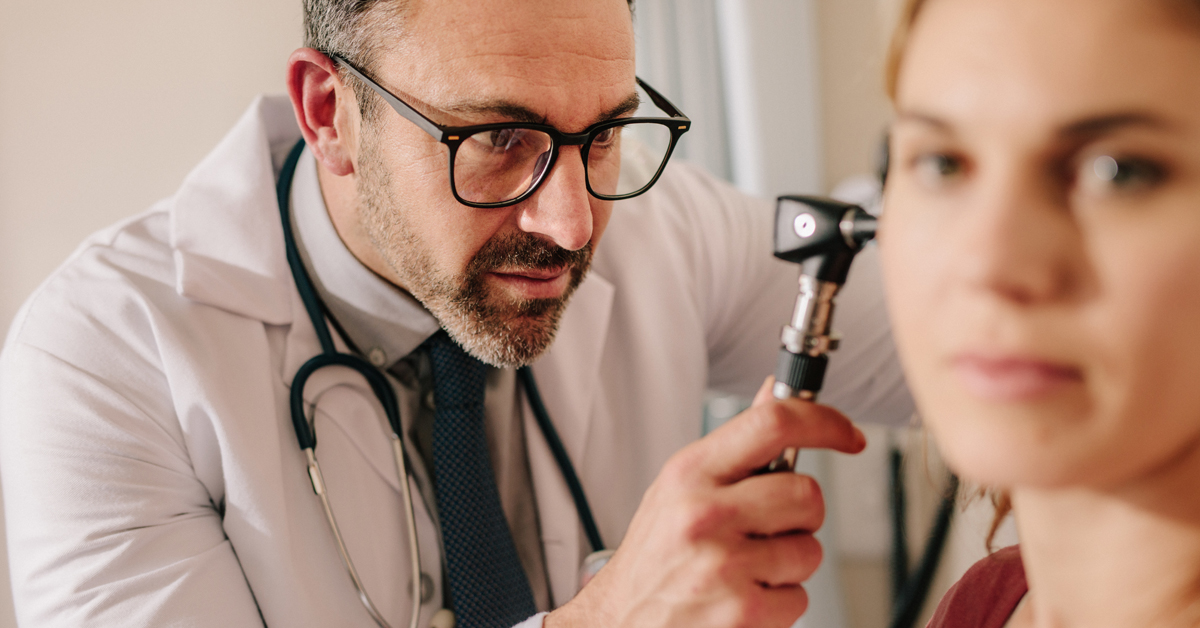



ENT specialists, or otolaryngologists, are physicians trained in the medical treatment of patients with diseases and disorders of the ear, nose, throat, and related structures of the head and neck. ENTs are also trained to treat balance disorders, tinnitus, nerve pain, and facial and cranial nerve disorders.
PCS patients struggling with dizziness, tinnitus (ringing in the ears), extreme noise sensitivity, vertigo, or balance issues may be referred to an ENT for an evaluation.
A careful examination of the ears, along with a hearing test, may help identify disorders associated with PCS. Many of these ear-related symptoms and disorders are treatable with surgical repair or with a specialized type of vestibular therapy.
An ENT specialist.
Neuropsychology




Neuropsychology is a branch of psychology that focuses on how the brain and the rest of the nervous system influence a person’s cognition and behaviours.
Neuropsychologists will focus on how your brain injury affects your cognitive functions and behaviours. In contrast, clinical psychologists will focus more on the impact the injury has on your cognitive function, mood, emotions and behaviours.
Individuals who are experiencing cognitive symptoms such as difficulties with memory, word finding, concentration, and multitasking, patients with depression or anxiety, and patients with impulsive, disinhibited behaviour.
Neuropsychologists can administer a detailed test of a patient’s cognition and emotional state. They may also help patients design an action plan and equip them with strategies to manage cognitive and emotional stress and slowly retrain their brains to perform cognitive tasks.
A licensed neuropsychologist.
Psychiatry




Psychiatry is the medical specialty devoted to the diagnosis, prevention, and treatment of mental health disorders, including substance use disorders. Psychiatrists are qualified to assess both the mental and physical aspects of psychological problems. Psychiatrists can prescribe medication, whereas psychologists cannot.
Individuals experiencing personality change and mood swings, including anger, aggression, impulsivity, and increased emotionality or anxiety and depression.
Pharmacological treatments psychiatrists may recommend are typically a last resort for PCS patients but, when used in combination with other treatments, can be successful at treating emotional and behavioural symptoms.
A licensed psychiatrist.
Occupational Therapy (OT)




Occupational therapy (OT) is an evidence-based practice that treats patients through the therapeutic use of everyday activities.
They help patients develop, recover, improve, and maintain the skills needed for daily living and working. OT practitioners focus on adapting the environment and/or task to fit the patient, and the patient then becomes an integral part of the therapy team.
Those who are struggling with symptoms that impact their daily functioning. Those could include but are not limited to fatigue, headache, sensory sensitivities, dizziness, sleep, memory loss, concentration difficulties, processing speed, language and communication, and executive function. OTs are also able to treat functional vision impairments.
OTs help patients develop strategies to manage symptoms, improve function at work or school, and help patients increase cognitive skills and performance in daily life.
OTs can communicate with teachers and employers to help them understand what patients can and can’t do, as well as make suggestions for accommodations to make the transition back to post-injury life easier.
An occupational therapist trained in brain injury or concussion rehabilitation.
Neuroendocrine Assessment of Pituitary Function
Brain injuries can be complex and create complications in locating the source of your symptoms. Unlike the active treatments listed above, this therapy is investigational. Prior to honing in on active treatments, or if active treatments are not proving effective, it may be worth attempting to rule out certain underlying causes by undergoing investigational therapies like this one.




The specific tests may vary from clinic to clinic. One comprehensive concussion clinic recommends a fasting blood test for prolactin, T-4, TSH, ACTH, cortisone, growth hormone, and testosterone, along with vitamins B-12 and D. If abnormal levels are found, a referral to an endocrinologist is recommended.
Neuroendocrine assessment of pituitary function may be helpful for those experiencing PCS symptoms, especially brain fog, fatigue, listlessness, and depression, who are not responding to active therapies.
The pituitary gland can be injured with traumatic brain injury, including concussion. Pituitary gland injury can negatively affect thyroid and adrenal gland activity or testosterone and growth hormone levels and can result in symptoms that mimic PCS symptoms. Adjusting your levels may provide significant relief of symptoms.
Watch this webinar with Dr. Tamara Wexler, Clinical Associate Professor in the Department of Rehabilitation Medicine at NYU Langone Health, on the benefits of Neuroendocrine Assessment.
Meditation
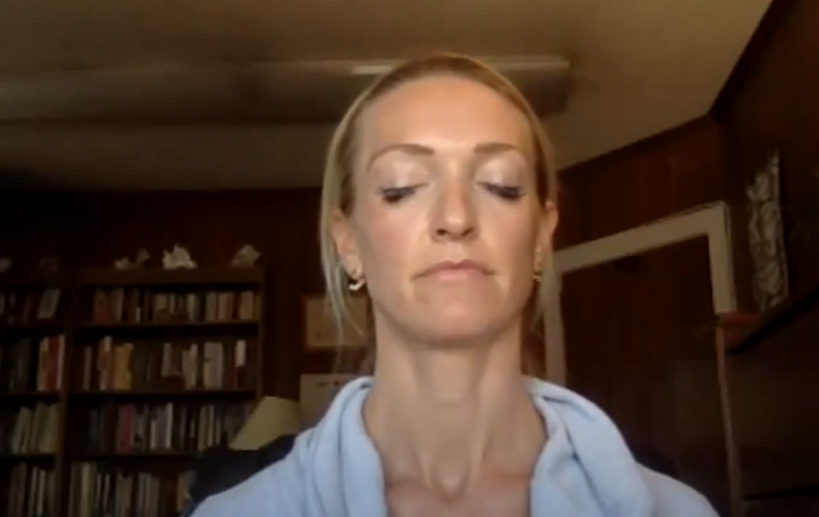




Meditation is a practice where an individual uses a technique such as mindfulness to train attention and awareness to achieve a mentally clear, emotionally calm, and stable state.
There is new and emerging science pointing specifically to the benefits of meditation for brain injury patients. Anyone suffering from PCS symptoms, especially those experiencing issues with sleep or anxiety, may benefit from practicing meditation.
Studies show meditation can help reduce stress, improve attention and sleep, and enhance positive emotions.
Look for a meditation studio in your area, or try apps like Calm, Headspace, or Insight Timer to find a guided meditation practice that you like.
Try meditation today by watching this guided practice for PCS patients from Dr. Shannon Albarelli.

